If the Iraq War Is Over, Why Are We Still Losing Money?
It's not the biggest boondoggle in the war on terrorism/Iraq, but it's a reminder that two presidents into the great Mesopotamian adventure, the U.S. still knows how to find a hole and throw money in it.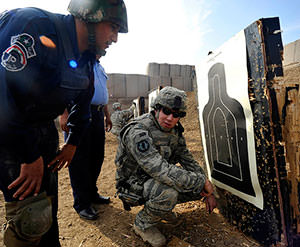
It’s not the biggest boondoggle in the war on terrorism/Iraq, but it’s a reminder that two presidents into the great Mesopotamian adventure, the U.S. still knows how to find a hole and throw money in it.
The Special Inspector General for Iraq Reconstruction released a report Monday saying that Iraqis basically have no use for two police training facilities built at a total cost of $206 million.
The U.S. had high hopes for the project, but Iraqis were either not sufficiently consulted, did not believe in the value of the training program, worried about the appearance of American hegemony or some combination of the above.
Los Angeles Times:
The report notes that State Department officials said they were surprised by the Iraqi disinterest because they had repeatedly met with Iraqi officials before the program began in October to share their ideas and ask for input. But as the training began, Iraqi officials and police questioned whether it was useful, faulting it as poorly organized and lacking leadership.
Some Iraqi officers were told not to go to trainings at the Baghdad Police College Annex or the U.S. Embassy for political reasons, the report says, as Iraqi officials tried to avoid being seen as overly dependent on the Americans. The results are “lukewarm relations between the Americans and the Iraqis,” the report says, citing an Iraqi official.
— Posted by Peter Z. Scheer.
Your support matters…Independent journalism is under threat and overshadowed by heavily funded mainstream media.
You can help level the playing field. Become a member.
Your tax-deductible contribution keeps us digging beneath the headlines to give you thought-provoking, investigative reporting and analysis that unearths what's really happening- without compromise.
Give today to support our courageous, independent journalists.

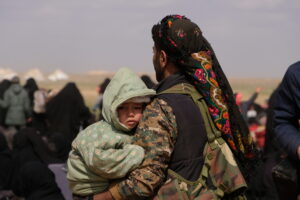
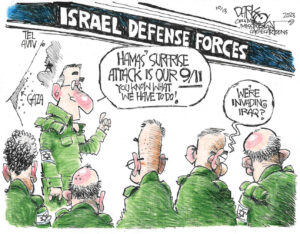

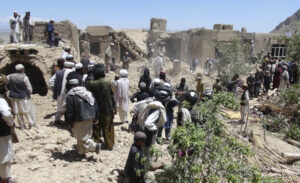
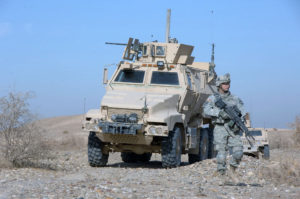
You need to be a supporter to comment.
There are currently no responses to this article.
Be the first to respond.